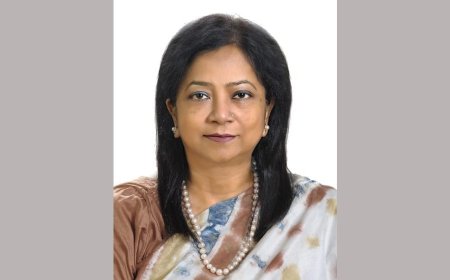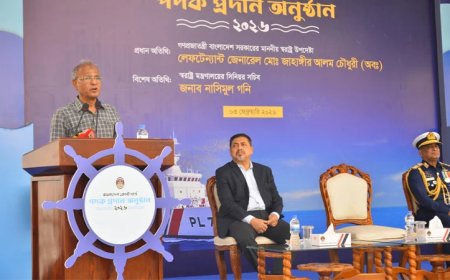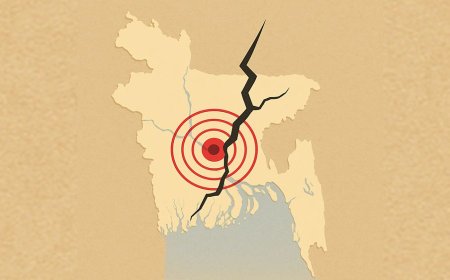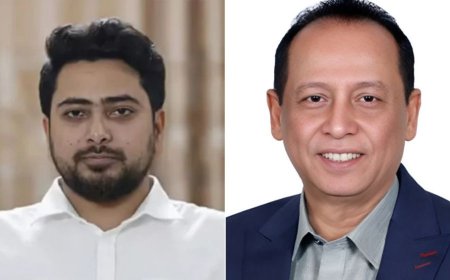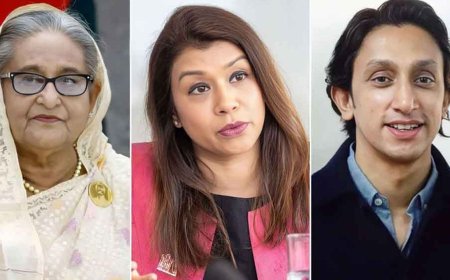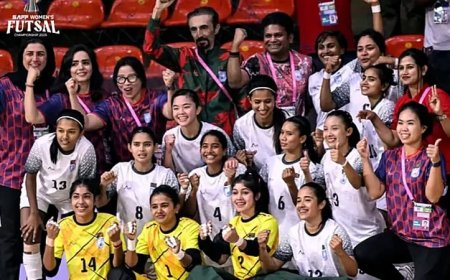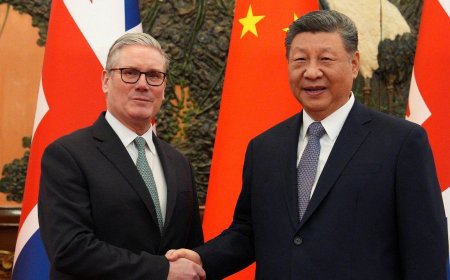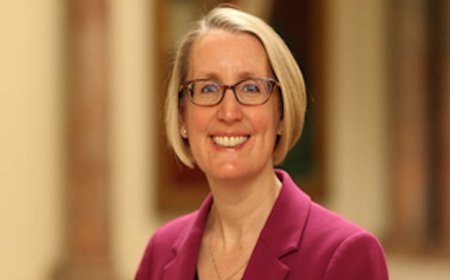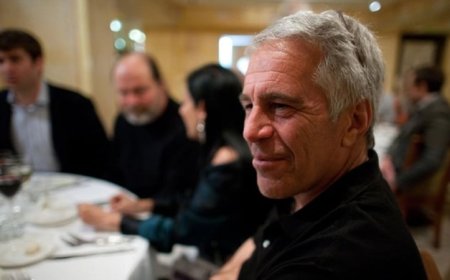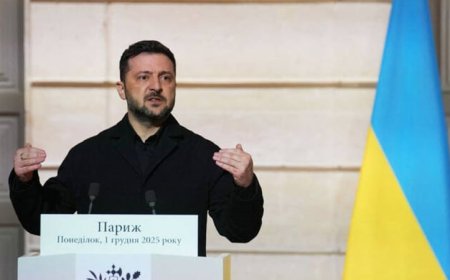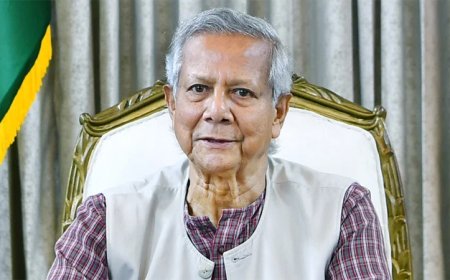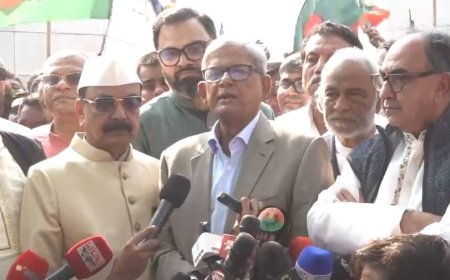Hasina Trial Concludes; Tribunal to Set Verdict Date on November 13
The tribunal assured that justice would be served.
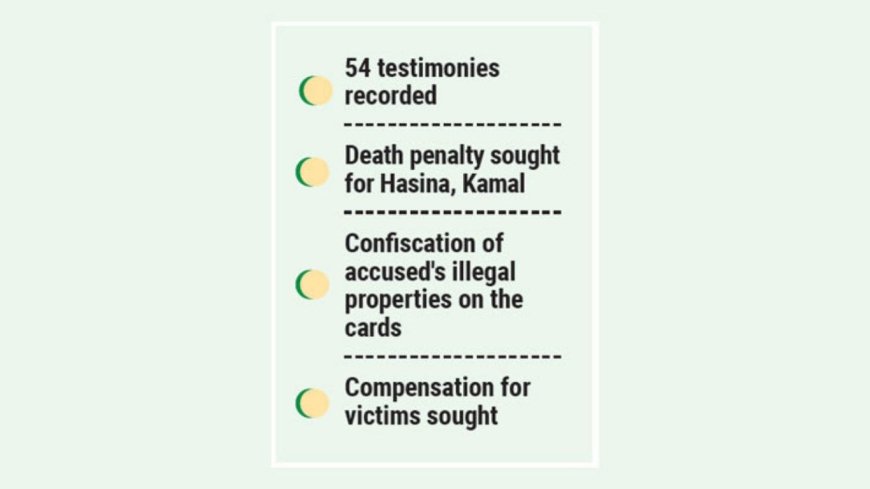
The verdict in the crimes against humanity case against former prime minister Sheikh Hasina and two of her senior aides will be announced on November 13, following weeks of courtroom proceedings.
The International Crimes Tribunal (ICT) is expected to deliver the ruling ahead of the 13th parliamentary election, scheduled for early February 2026.
The three-member ICT-1 bench — Justice Md Golam Mortuza Mozumder (chairman), Justice Md Shofiul Alam Mahmood, and Justice Md Mohitul Haq Enam Chowdhury — set the verdict date on Thursday after concluding final statements from the prosecution, the attorney general, and the defence.
ICT Chief Prosecutor Advocate Muhammad Tajul Islam delivered the closing arguments for the prosecution, while Attorney General Md Asaduzzaman and state-appointed defence counsel Advocate Md Amir Hossain also addressed the tribunal.
The trial of 78-year-old Hasina concluded within 15 months of her ouster. She is being tried in absentia, having fled to India on August 5, 2024, after being accused of ordering a deadly crackdown on a student-led uprising.
“If she truly believed in justice, she should have returned,” said Attorney General Asaduzzaman. “She was the prime minister but fled, abandoning the nation. Her escape only strengthens the allegations.”
Defence lawyer Amir Hossain dismissed the claim, arguing that Hasina was “forced to leave.”
This marks Hasina’s first trial for crimes against humanity — in the very tribunal her own government had established.
Former home minister Asaduzzaman Khan Kamal and ex-inspector general of police (IGP) Chowdhury Abdullah Al-Mamun are co-accused. Hasina and Kamal are being tried in absentia, while Mamun turned approver after pleading guilty and testified against them.
The prosecution presented five charges supported by an 8,747-page evidence bundle comprising documents, videos, and audio recordings. Several recordings were played in court, including one in which Hasina is reportedly heard ordering her aides to shoot student protesters during the 2024 uprising.
Formal charges were taken into cognisance on July 1 and framed on July 10, when Mamun stated his wish to become “Rajsakkhyi.”
The case pertains to the violent state crackdown in July and August 2024, during which over 1,400 people were killed, according to the prosecution. The formal trial began on August 3.
Of 81 listed witnesses, 53 testified before the tribunal. Including Mamun, a total of 54 witnesses were heard — most demanding the death penalty for Hasina and her aides. Victims’ families, injured protesters, and prominent public figures, including National Citizen Party convener Nahid Islam and Amar Desh editor Mahmudur Rahman, also testified.
If convicted, Hasina and Kamal could face the death penalty. Chief Prosecutor Tajul Islam told the tribunal that Hasina “should have been hanged 1,400 times for the murder of 1,400 people.” He also sought capital punishment for Kamal and requested confiscation of their properties to compensate victims, as permitted under the International Crimes (Tribunals) Act, 1973.
The prosecution’s arguments spanned six days and concluded on October 15, while the defence arguments continued for three days and ended on October 22. The defence sought full acquittal, claiming Mamun’s testimony was coerced and aimed at “saving himself.”
The proceedings were broadcast live on BTV and on the Facebook page of the ICT Chief Prosecutor’s Office.
In his concluding remarks, Attorney General Asaduzzaman again sought the death penalty, saying, “If Hasina and the others are not punished, it will be an injustice to the martyrs of July, and countless lives will remain at risk.”
The tribunal assured that justice would be served.
The prosecution described the killings during the 2024 uprising as “widespread and systematic.” Tajul Islam said the evidence met the international legal threshold for crimes against humanity and would secure conviction “in any international court, including the ICC.”
Investigators identified Hasina as “the central figure around whom all crimes were orchestrated.”
Hasina, Kamal, and 16 serving army officers are also facing two other ICT cases over enforced disappearances during the Awami League’s 15-and-a-half-year rule. Another case concerning the 2013 Shapla Chattar killings remains pending.
The 2024 violence spanned 21 days, from July 16 to August 5. Abu Sayed, a student of Begum Rokeya University in Rangpur, was the first to be killed — his death ignited the movement that ultimately toppled Hasina.
According to prosecutors, security forces acted under Hasina’s direct orders, deploying drones, helicopters, armoured vehicles, and military-grade weapons. Killings occurred in at least 438 locations across 41 districts, with victims from 61 districts. Lethal force was used in more than 50 districts.
ICT investigation officer Alamgir, a deputy director of the agency, reported that police fired 351,311 rounds of ammunition nationwide during the uprising, including 95,313 rounds in Dhaka alone.
What's Your Reaction?







